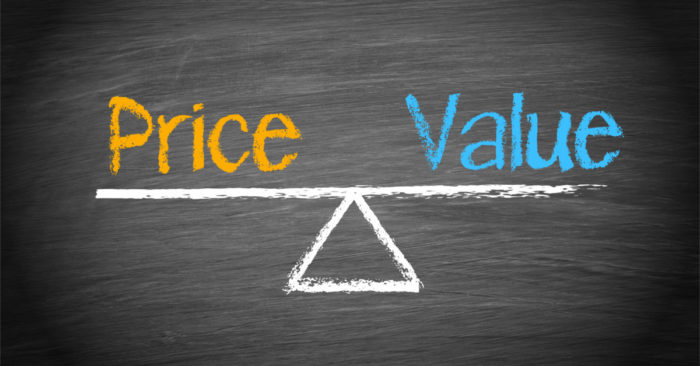Pricing your book can be confusing and challenging. You put a lot of heart and soul into writing and publishing your masterpiece. You want to earn a decent return on your investment. There are many different opinions and strategies for pricing your book. Below are the 7 best strategies for how to price your book.
1. Set Your Goals
Many authors see their books as businesses. These authors invest in their work and they want to get the best return on that investment as possible. If you are one of these authors, you should price your book accordingly. You will want to use business pricing strategies such as looking at your production costs, the pricing of comparable books, and see what the market will bear.
Some authors write for the simple joy of writing. They just want as many people as possible to read their books. You often find these authors to be masterful at marketing, even if they don’t earn a dime from their books. They give their books away for free or for a pittance. Sometimes this can help new authors develop a following. Once you have a following, you can start charging more for your new books.
Most of us are somewhere in between. We want a good investment, and so we pay for advertising here and there, but we don’t go “all in” because we don’t want to risk bankruptcy. If you are an author that falls into this category, you should share your book with as many groups as possible on social media, trade book reviews, and sell your book through Amazon or another online storefront.
2. The Psychology of Buyers
Ever wonder why stores charge $9.99 for something instead of a flat $10.00? It’s because marketing folks have figured out how to psychologically manipulate shoppers into thinking something is a better deal than it is simply through pricing an item at a seemingly weird price. If you currently sell your book at $9.99, you may see better sales if you priced it at $9.17. Everyone likes to feel like they’ve gotten a deal.
3. Similar Item Pricing
You are a prolific writer and you have several books that you’ve written. Perhaps they are a series or part of a trilogy. Maybe they are similar in length and genre. Regardless, you may feel inclined to price the books at the same rate of $9.17.
A better strategy is to price them differently. Your older book may need to be priced down to $7.69 and your newest book to $15.99. Some readers will think your older book is a great deal and buy it. Others will believe the new book is better and will be willing to pay more for it.
4. Amazon
If you published your book using Amazon Kindle Direct Publishing (see my step-by-step guide about how to do this!), you are going to earn up to 70% royalties on sales. However, you cannot price your ebook above $9.99, and frankly, why would you? Amazon only pays 35% royalties on books priced above $9.99.
You should price your ebook in the range of $2.99 to $9.99. Don’t worry about trying to compete with he big publishers. Just focus on a fair price to grow sales volume.
5. Try, Try Again
If you are an ebook author, you can change your pricing very easily. When your book is new, you will want to price it accordingly. It should be more expensive when it is new than when it is a year or older.
Some claim that the pricing sweet spot is $3.99. Amazon pushes for $2.99 to encourage more sales. Other authors claim that pricing an ebook as low as $0.99 will help you reach an even greater sales volume. Because every book is unique, there’s no magic formula to maximize your profits. The only way to find the ideal price for each particular book is by trial and error. Try, try again!
6. Check Out The Stores
Go to Barnes and Noble or a local bookstore near you. Take a look at how much authors are charging for their books and price accordingly. If you set your book price above these, you run the risk of being too expensive for the market. If you set your price below, people might assume your book is of poor quality. Try to find a happy medium somewhere in between.
7. Costs Aren’t Everything
Pricing your book should never be based on cost plus markup. You should instead price your book based on the what the market is likely to pay, and then find ways to bring your costs down to a point where you can earn a fair profit. Let’s be honest. Consumers don’t know or care how much it costs to produce a book. They only care about the value of the book to them. If your book costs too much for the perceived benefit, they won’t buy it.
What do you think is the best pricing strategy? Let us know in the comments below!
We might earn a small affiliate commission from recommending products and services, and we may earn some revenue from ads. This is to help manage the costs of hosting and maintaining this website. Your support is appreciated. Click here to support us with Patreon: 80percentdone.


